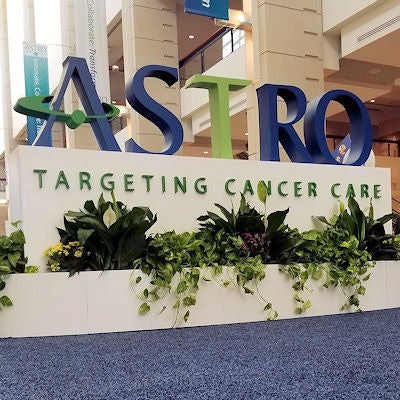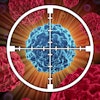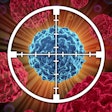
The American Society for Radiation Oncology (ASTRO) has released a new guideline for using radiation therapy to treat rectal cancer. The document was published October 20 in Practical Radiation Oncology.
The guideline describes indications and best practices for pelvic radiation treatments and integration of radiation therapy with chemotherapy and surgery for more advanced stages of disease. It replaces the society's 2016 guidance, ASTRO said.
Highlights of the guidance include the following:
- Neoadjuvant radiation therapy is strongly recommended for patients with clinical stage II-III rectal cancer to reduce their risk of locoregional recurrence.
- For patients who require neoadjuvant radiation therapy, both conventionally fractionated radiation and short-course radiation are recommended equally.
- Recommendations on how to incorporate chemotherapy into the preoperative setting for patients who are at high risk of recurrence and who would likely benefit from the additional treatment using a total neoadjuvant therapy approach.
- Organ preservation approaches.
"Some patients may need less than what is considered a typical course of treatment, while some patients may need more," ASTRO's vice chair of the rectal guideline task force, Dr. Jennifer Wo of Harvard Medical School said in a statement released by the society. "This guideline focuses on providing options that can be tailored to patients' characteristics and their wishes."



















